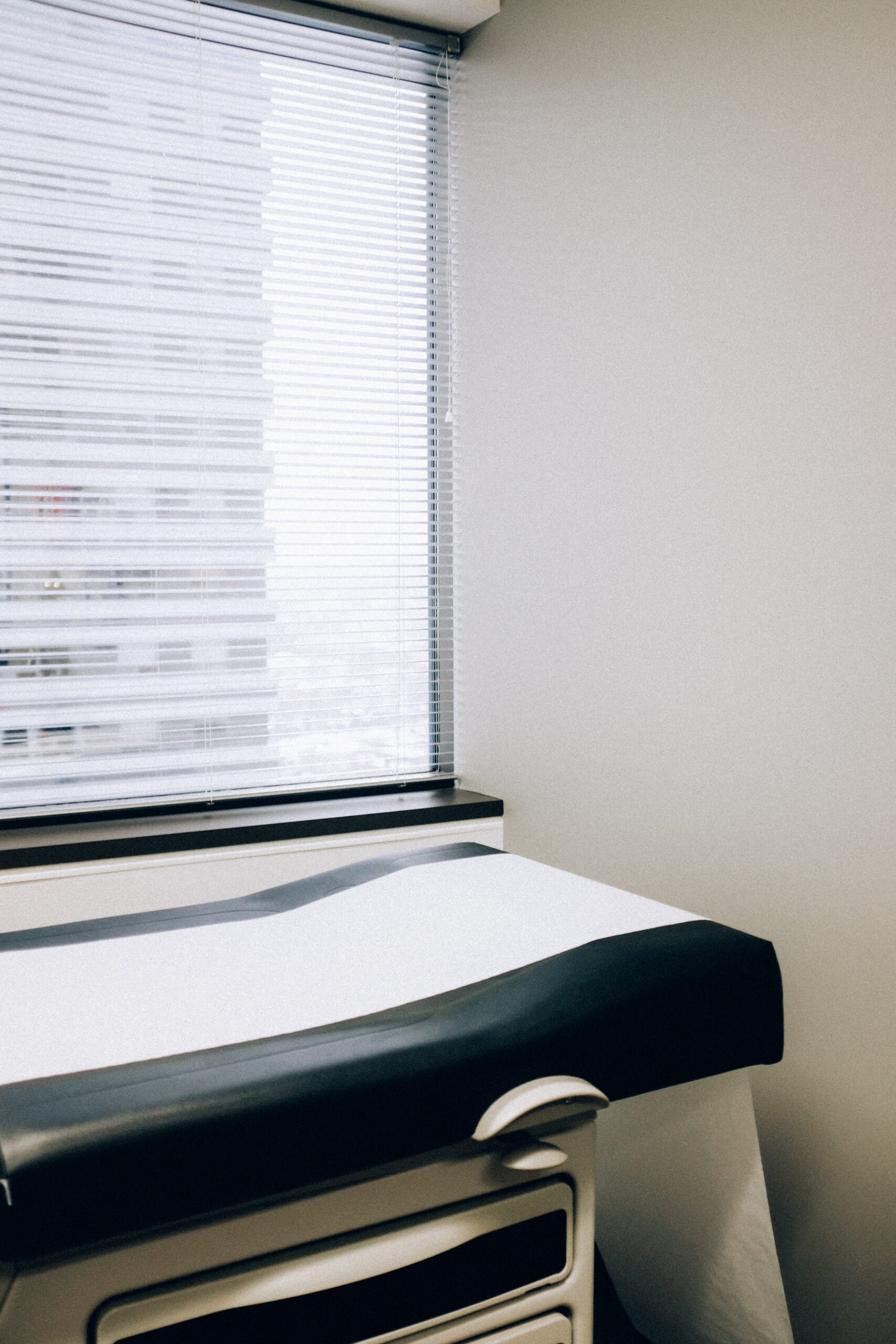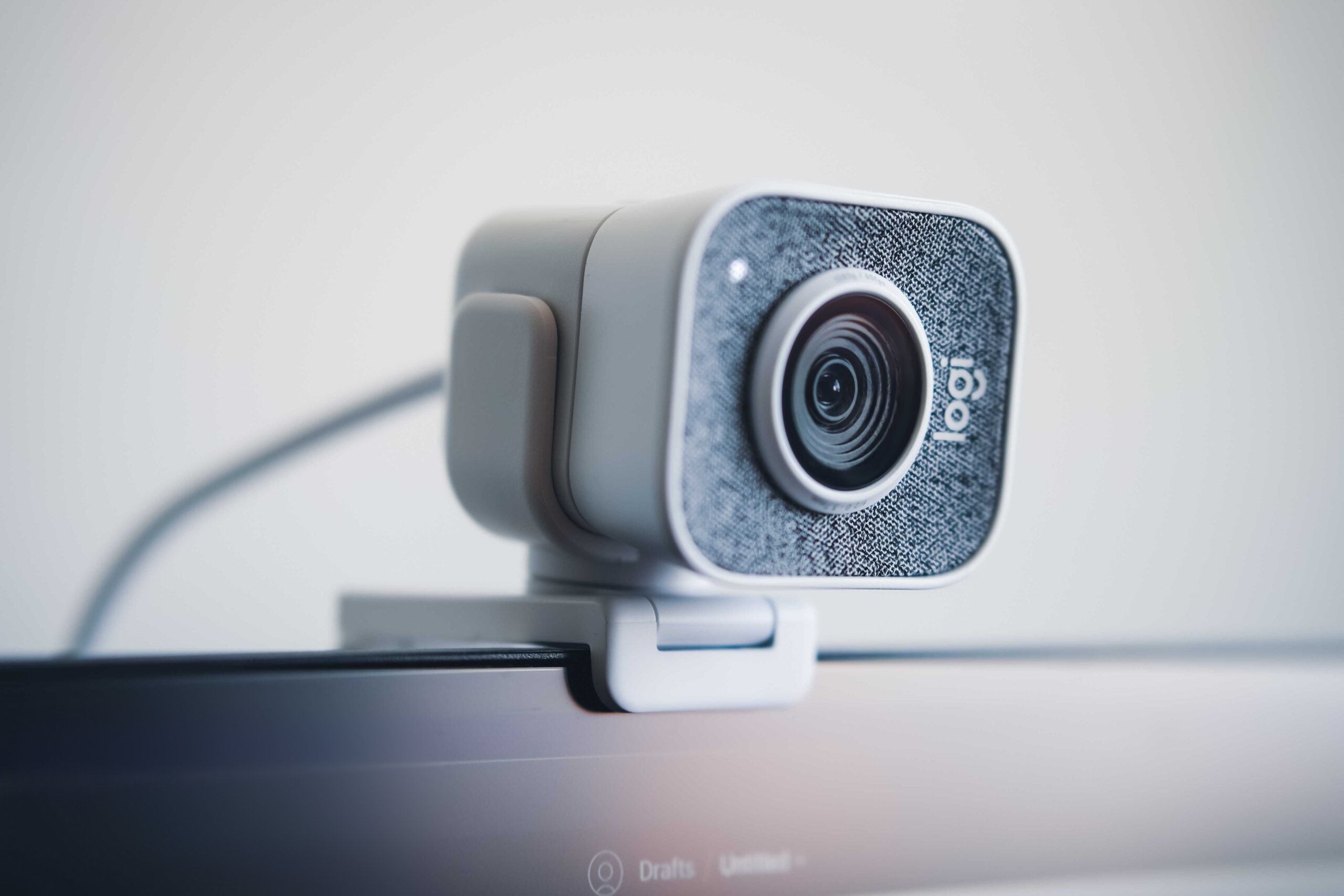
How to Make the Most of your F2F, Telephone & Virtual Appointments
William Osler once said, “a good physician treats the disease, whereas a great physician treats the patient who has a disease”.
As the pandemic changed how healthcare was delivered for those with chronic conditions; who still required medical attention during lockdowns and the subsequent period after, there has been such a great desire for appointments to take place in a variety of different ways. And for most, having a choice of how their appointment is delivered, is a huge step forward.
Imagine, you are feeling unwell and travelling to and from the hospital is tricky or painful. You know you need to attend the appointment – it’s one of, if not the reason for it! – so not going isn’t an option. But having it over the phone or even virtual via video is a real choice now. It certainly has many positives for patients – staying in the comfort of their own home, reduces the risk of exposure to bugs and viruses, less stressful, able to ask more questions in a more comfortable setting, time and financially more acceptable.

But has the move away from ‘traditional’ appointments made it harder for doctors, consultants, and surgeons?
I spoke with Nurulamin Noor, a Clinical Research Fellow focusing on IBD and clinical trials about this topic a short while ago.
What information would you like to know from your patient?
I think it is most important to see how somebody is getting on since the last clinical consultation. I always ask how things are in life generally, and if any big life events happened recently.
In terms of symptoms, I am very much directed by patients and ask if there is a particular symptom or symtpoms currently causing them bother.
Is there a time frame for the information given to you by a patient ie last week, fortnight, month etc
Symptoms over the last few weeks give an idea of things currently causing bother.
It is always helpful to have the context of what is normal for each patient. E.g. if somebody says that even before the last few weeks opening bowels 6 times per day is “normal for them and always has been” – then opening 6 times a day is perhaps not a worry. Whereas somebody who “normally” opens bowels 1 or 2 times per day and currently opening 6 times per day and having to rush to the toilet – that would be much more of a worry and something that needs addressing.
Do you run through a specific list of symptoms you need to ask about and if so, what are they?
This depends very much on the history of a patient so is very tailored to the individual. Somebody with ulcerative proctitis may have very different symptoms from somebody with upper gastrointestinal Crohn’s disease. Equally, things to ask about for somebody who has had a colectomy and pouch might be very different to somebody who has an ileostomy. So I would very much tailor it to the individual.
As a very general rule, in addition to the symptoms caused the most concern at the beginning of a consultation, I would also always ask about bowel frequency, pains in the tummy, diet and nutritional intake (including checking weight), extra-intestinal manifestations such as mouth ulcers or joint pains etc., as well as mood and mental health. If all these things going well then does give a very good indication that inflammation is in “remission”.
Is there anything specific you’re looking to hear about from a patient beyond their IBD diagnosis, such as secondary conditions, other medications they take, pain, sexual & mental health?
I think other aspects like sexual activity etc. might be asked about but again really needs to be tailored to the patient. If this is something bothering the patient and they would like to explore then it can be very welcoming and reassuring for a clinician to discuss with them. Equally some people will not have any issues here or want to discuss any further and that is fine. I know I keep saying it, but every single IBD consultation and discussion should be personalised to that individual.
In terms of medication, as well as confirming what medication somebody is on and how long they have been on this. I think it is really important to check about compliance/concordance i.e. if missing any doses or managing to take regularly. I think really helpful to check about any side effects and tolerance to medications. If all going well then brilliant but sometimes people stop taking medication or don’t really enjoy certain aspects – and I think it important to tease this out, as there are almost always alternative options available e.g. if don’t like coming into hospital for infusions – increasingly there are self-injectable options and even some oral options for both ulcerative colitis and coming for Crohn’s disease.
What about patients who are coming in being in clinical remission?
I think increasingly as well as there being no or minimal symptoms, it is always reassuring for both clinicians and patients to have more “objective” markers that IBD is under control. In the first instance, this might be blood and stool tests e.g. to make sure no anaemia, no raised blood test marker of inflammation with CRP, and particularly no raised stool test marker of inflammation with calprotectin.
In the past, people used to regularly do endoscopies to assess whether in remission or active inflammation. But appropriately there has been recognition that most patients do not want repeated endoscopies if this can be helped. So there has been a focus on non-invasive monitoring. A really exciting modality that will likely be used more and more will be ultrasound for monitoring – as this just involves some jelly on the tummy and probe assessing bowel – with no radiation. There are issues about access to ultrasound – namely limited expertise at the moment. But hopefully, with an increasing focus on training in this area, this should become more widely available over the next decade.



Do the two types of appointments have any major differences?
I guess there is only one type of face-to-face whereas virtual could be telephone or could be audiovisual.
I think there are pros and cons to each:
F2F
Pros – certainly favoured by some patients and some clinicians
Cons – can be costly and time-consuming for patients to come to the hospital, take time off work/caring duties etc.
Audiovisual
Pros – lots of visual cues, patients save costs/time of coming for appointments, favoured by some patients and some clinicians
Cons – no examination which might be important for things like peri-anal disease, assessing surgical healing etc.
Telephone
Pros – patients save costs/time of coming for appointments, favoured by some patients and some clinicians
Cons – no visual cues, no examination which might be important for things like peri-anal disease, assessing surgical healing etc.
Do you schedule particular patients for F2F instead of telephone?
I think it is important to have all options open.
For patients who are doing well and all monitoring tests are normal, and may well be a 10-minute maintenance visit and advising for no change – virtual visit seems perfect here – and likely the preference for both clinicians and patients.
For new patients, or where patients are struggling with symptoms, or need to discuss in detail new treatment options or e.g. potentially taking part in a research trial. Then face-to-face may well be the preferred option.
I think virtual options as the default are absolutely fine – and probably what will become standard in the NHS. Because if lots of issues are identified then patients can be offered a face-to-face appointment to explore in more detail and discuss further.
What would you like patients to take away from this topic?
As with all these topics, once you look into it there can be LOTS of nuances and lots of variation in different countries around the world. Just as every patient is different, every nurse and doctor is a bit different as well. I think ultimately consultations should always be patient-focused and there to serve patients. The topic of virtual vs face-to-face is a typical example – many pros for virtual consultations for many people but equally many pros to face-to-face for other people, and the key thing is tailoring the right approach to each individual.
I’ve created a reference guide to help you – the patient – get the most from any consultation, available on my Gumroad account from June 30th! You’ll be able to access it directly, after the fact, here.
Until next time,

Do you have any questions or queries? Or just want to share your own experiences? You can leave me a reply here or leave comments via my social media accounts – on Twitter, find my blog page on Facebook and over on Instagram



